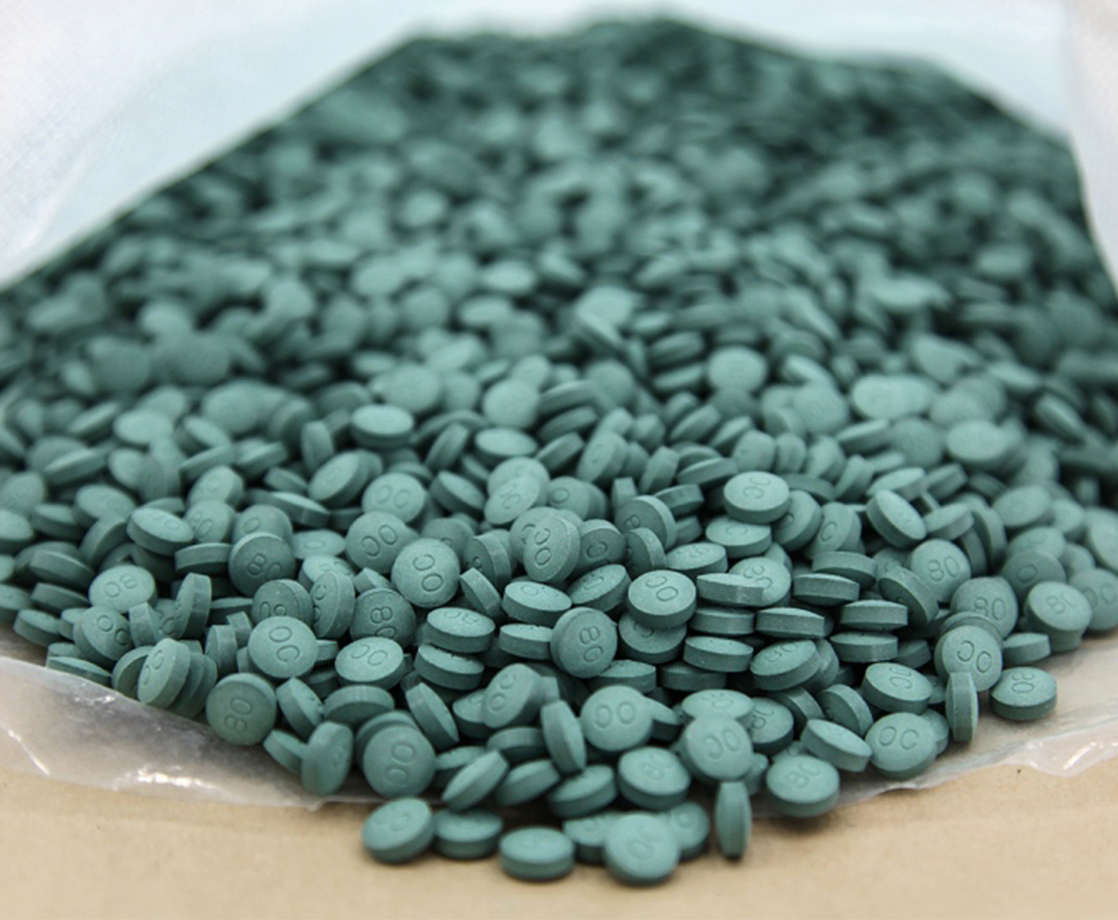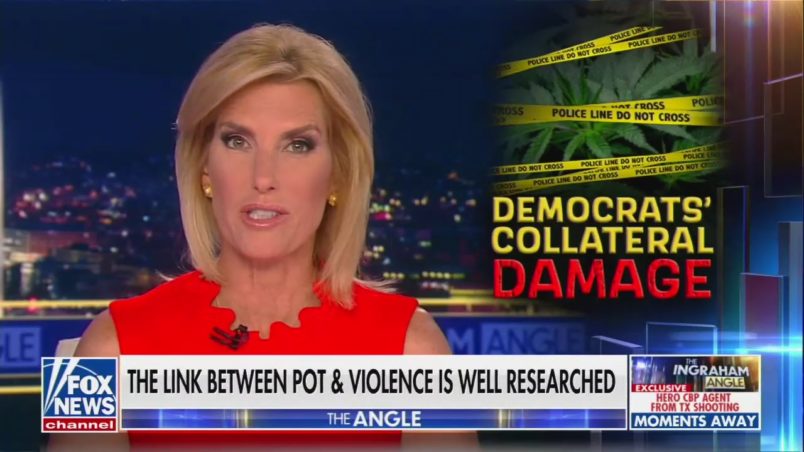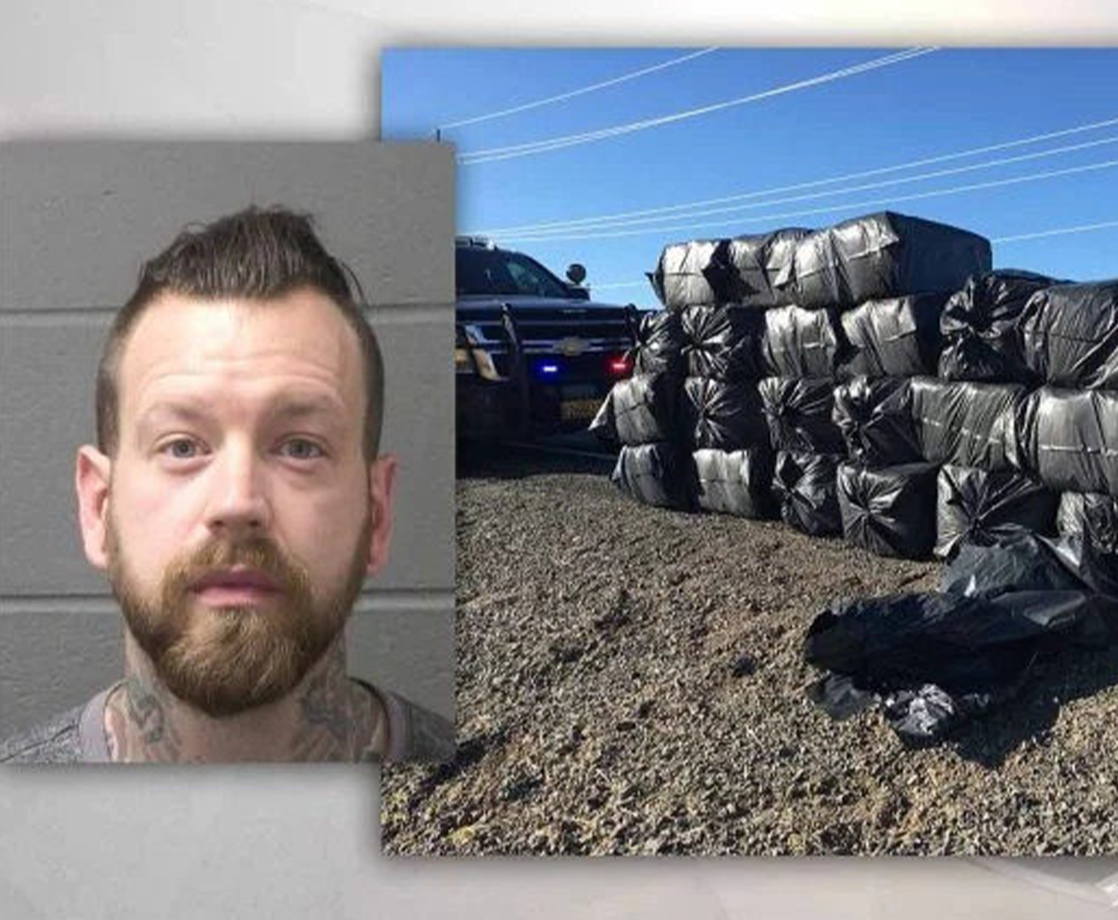The White House and the National Institute of Drug Abuse (NIDA) are peddling a new drug myth: that weed is laced with the deadly opioid fentanyl.
Thankfully, like most “alternative facts” coming from Trump’s team, it’s probably not true. But, as reported by BuzzFeed News, the White House counselor Kellyanne Conway made the connection anyway during a press conference last week.
“People are unwittingly ingesting it,” she said. “It’s laced into heroin, marijuana, meth, cocaine, and it’s also just being distributed by itself.”
Over the years, black market cannabis has been spiked with all sorts of nasty substances, like the hallucinogen PCP and the herbicide paraquat. The evidence that fentanyl is in the cannabis supply, however, simply doesn’t exist.
“It’s crazy that this story is coming out from our leaders,” Dan Ciccarone, an epidemiologist at the University of California-San Francisco, said to BuzzFeed News. “It shows that concerns about fentanyl have reached the level of moral panic. Fear outweighs rational evidence. There is scant evidence for cannabis laced with fentanyl.”
When pressed for sources regarding the fentanyl claim, White House officials cited a speech given by NIDA’s director, Nora Volkow, last year. In it, Volkow briefly mentioned that drug dealers were lacing cannabis with fentanyl.
According to the DEA’s senior chemist, Jill Head, US agencies haven’t seized any weed containing fentanyl. As Buzzfeed suggests, the myth likely started from a bogus 2015 Vancouver police report. Vancouver PD later admitted they hadn’t seen cannabis spiked with the opioid.
Fentanyl, an ultra-potent painkiller that can be 100 times more powerful than morphine, has been found in crystal meth, heroin, and cocaine. By itself, fentanyl can be deadly, with as little as 2 mg triggering a fatal overdose. Its lethality amplifies when combined with other street drugs.
While weed may not contain fentanyl, one American fentanyl producer has tried to cash in on cannabis-like compounds — while campaigning against legalizing the plant. Insys Therapeutics, based in Arizona, received FDA approval in 2016 for its synthetic THC drug Syndros, at the same time it spent $500,000 to defeat the state’s legalization bill.
The following year, Arizona’s Attorney General sued Insys for lying about the dangers of fentanyl and worsening the state’s opioid crisis. In 2017, the US Department of Justice fined Insys $150 million over the company’s fraudulent fentanyl scheme, which included the company’s top executives and at least three medical doctors.
Follow Randy Robinson on Twitter











